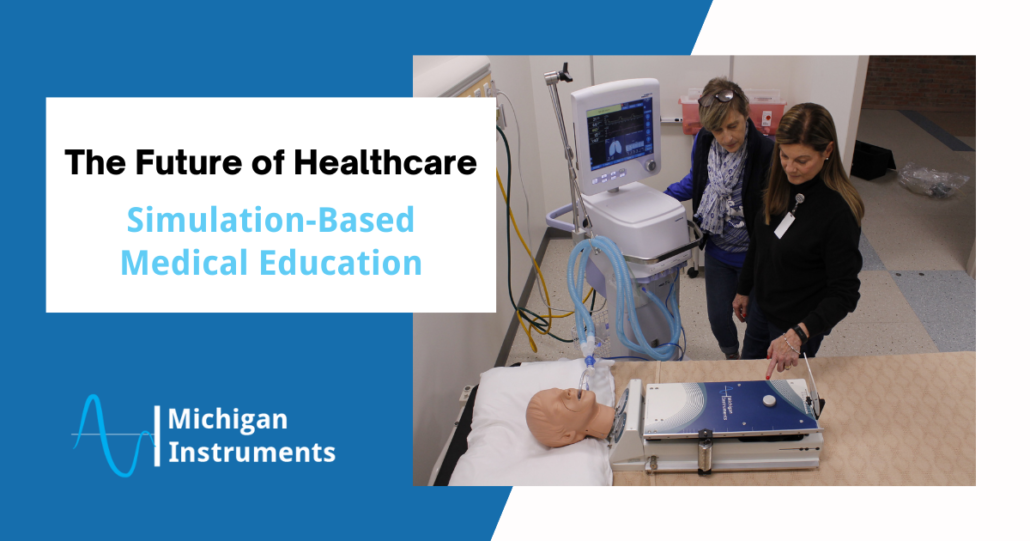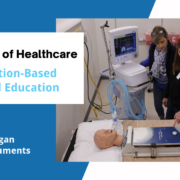
The Future of Healthcare: Medical Simulation-Based Education
Healthcare is always evolving, with new technologies and techniques being developed every single day to improve the way patients are cared for. However, with the field advancing so rapidly, it can be extremely challenging for medical providers to stay up to date on the latest treatments.
This is why simulation-based education has proven itself to be the future of medical education, helping medical students, practitioners, and professionals continuously improve their skills.
What is Simulation Based Medical Education?
Simulation-based medical education works by utilizing an artificial representation of a complex, real-world scenario to facilitate hands-on learning. Simulation allows for the practice of new therapies, technologies, and procedures without the risk that comes with attempting to do it on a patient in a high-risk situation.
At Michigan Instruments, we recognize the importance of providing high-quality educational resources to educators, especially within the field of respiratory care. Having a realistic simulator can truly help make the connection between theory and clinical experience in a safe setting. That is why we created the Lung Simulator.
Michigan Instruments Lung Simulators – A Staple for Your Medical Simulation Lab
Our Lung Simulators provide one of the most realistic simulations of the human pulmonary system on the market, making them the ideal tool for training and education. With the ability to simulate hundreds of healthy and diseased lung conditions, our lung simulators give professionals hands-on experience with real-time feedback, especially with our instrumented lung simulators that include the PneuView Software.
With a variety of benefits, our lung simulator has become a staple in medical simulation labs across the country.
- Available in Single or Dual lung models for adults and infants
- The ability to incorporate a variety of options to tap into the “lungs” to introduce gases and connect auxiliary devices
- Our Head Simulation Modules facilitate education and studies with various oxygen delivery systems, non-invasive techniques/devices and other applications that would require a “face”
- The ability to simulate a spontaneous breathing patient and evaluate the response of devices in various support modes
- Our PneuView Software displays, stores, and saves real-time data, along with waveforms of pressure, volume, and flow, especially useful when using simple ventilation devices
If you are interested in adding a Michigan Instruments Lung Simulator to your hospital or institution’s simulation lab, contact us to receive a quote!




